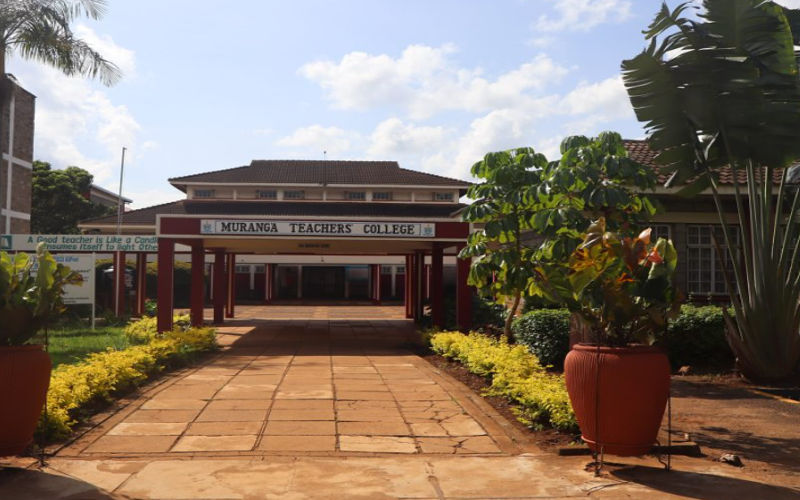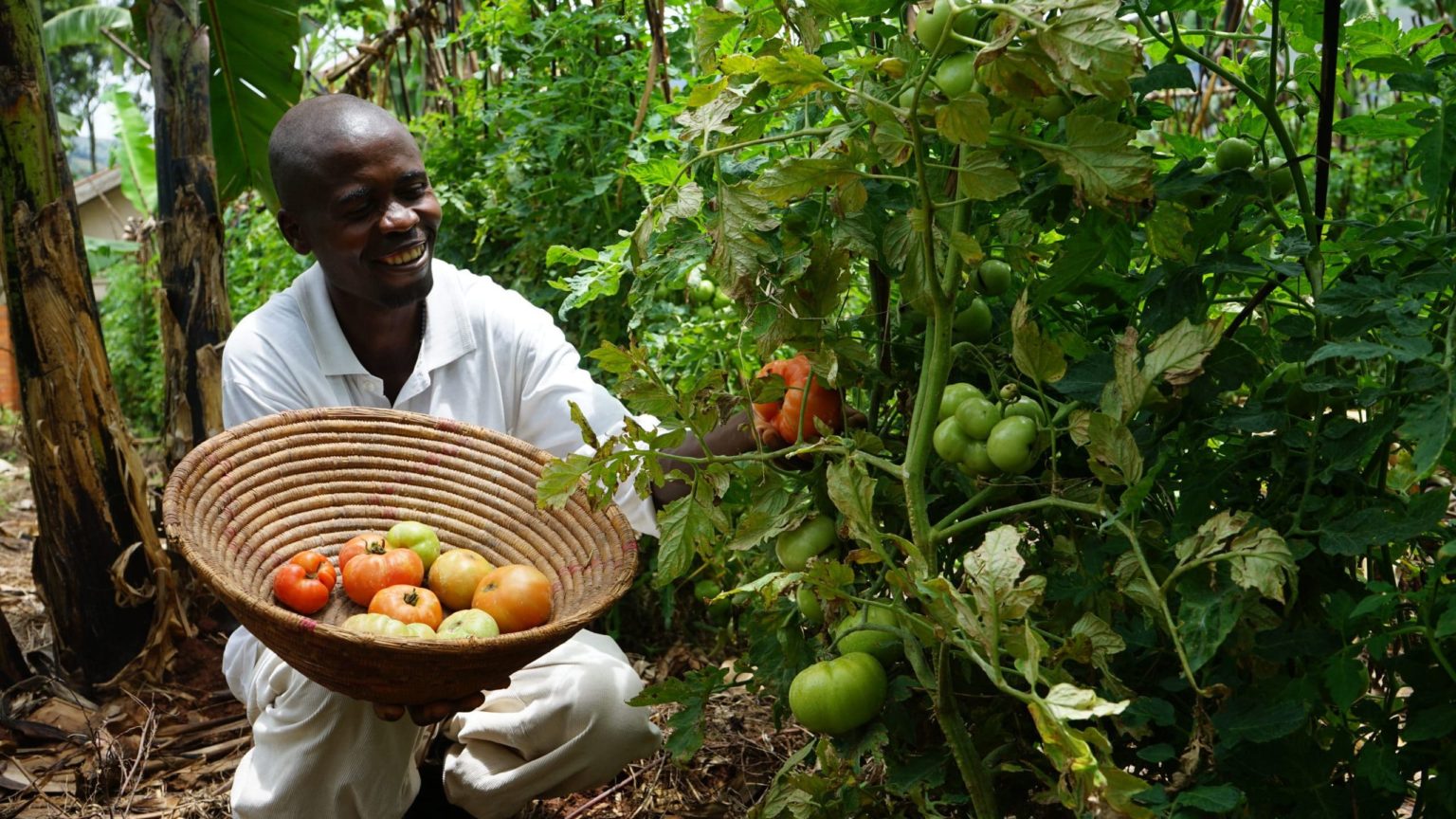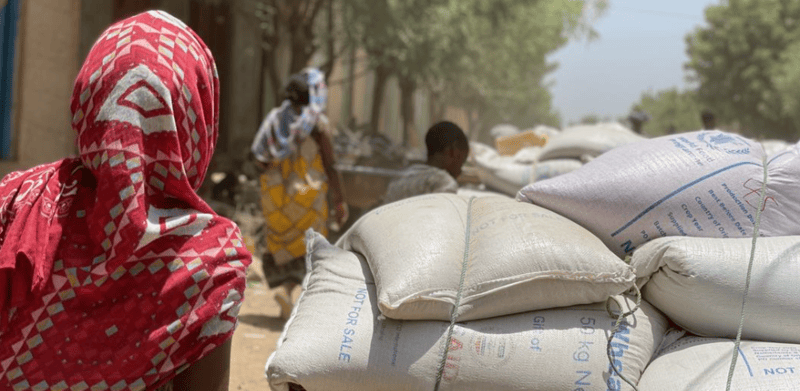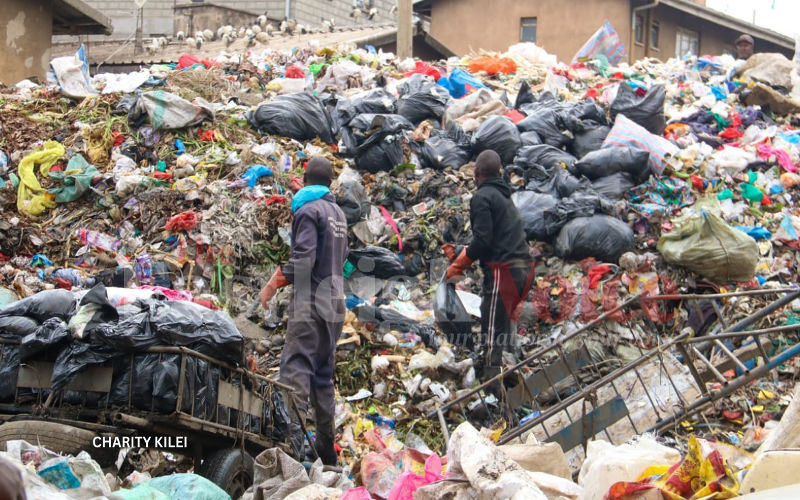Kenya receives Sh190 million equipment to fight aflatoxins
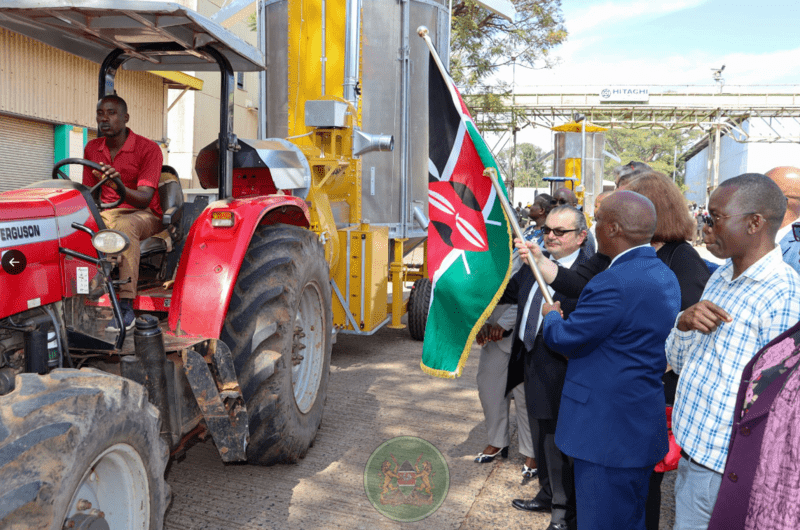
The aflatoxin decontamination plants have been installed at NCPB’s depots in Bungoma and Nairobi.
More To Read
- Kenya pushes for strict pesticide ban across COMESA bloc
- Turkana engages farmers, stakeholders on draft agricultural policy which seeks to boost farming
- Audit exposes fake firms, unsafe inputs and lost billions in Ruto's fertiliser subsidy plan
- Ethiopian militias occupy fertile Sudan land as war shifts army focus
- 7,000 bags of fertiliser looted from NCPB's Maua depot during June 25 protests - Agriculture CS Mutahi Kagwe
- Senators want 42 levies imposed on tea sector scrapped, say they are hurting farmers
Kenya is the beneficiary of two machines worth Sh190 million that will help in getting rid of aflatoxins from maize.
The National Cereals and Produce Board (NCPB) received the donation through funding from Canada.
Maize is Kenya's staple food. The cereal is, however, prone to contamination by aflatoxins, which spread quickly in storage facilities with high humidity.
Certain fungi found on crops such as maize, peanuts, cottonseed, and tree nuts produce aflatoxins, a family of poisons. When consumed, these poisons can cause a wide array of health conditions, including headaches, vomiting, and nausea.
The aflatoxin decontamination plants have been installed at NCPB’s depots in Bungoma and Nairobi.
The machines were donated through TradeMark Africa (TMA) and they are part of a Sh350 million package from Canada.
According to TMA, these plants are also the first to be used for commercial decontamination of aflatoxins in Africa, capable of eliminating up to 98 per cent of aflatoxins in food commodities such as grains, pulses, and nuts.
“This facility is potentially a game-changer. It is now possible to reduce aflatoxin contamination in grains post-harvest, thereby reducing the amount that will be rejected at the border,” said TMA CEO David Beer.
“This will benefit both small-scale farmers and traders on the one hand and consumers such as schools, humanitarian agencies, and businesses on the other.”
Deploying the two plants is expected to ensure that traders trade only grains that meet acceptable aflatoxin limits, which is vital for public health and safe trade practices.
“If we are to tackle food security and food safety issues, not just in Kenya but across East Africa, there is no denying that partnerships such as the one we are witnessing here today are of utmost necessity in availing modern solutions like the grain aflatoxin decontamination facilities,” said Agriculture Principal Secretary Paul Ronoh.
Kenya has struggled with maize aflatoxins for decades and has been forced on occasions to temporarily ban imports of the cereal over high levels of aflatoxins.
Other Topics To Read
Top Stories Today
Reader Comments
Trending







